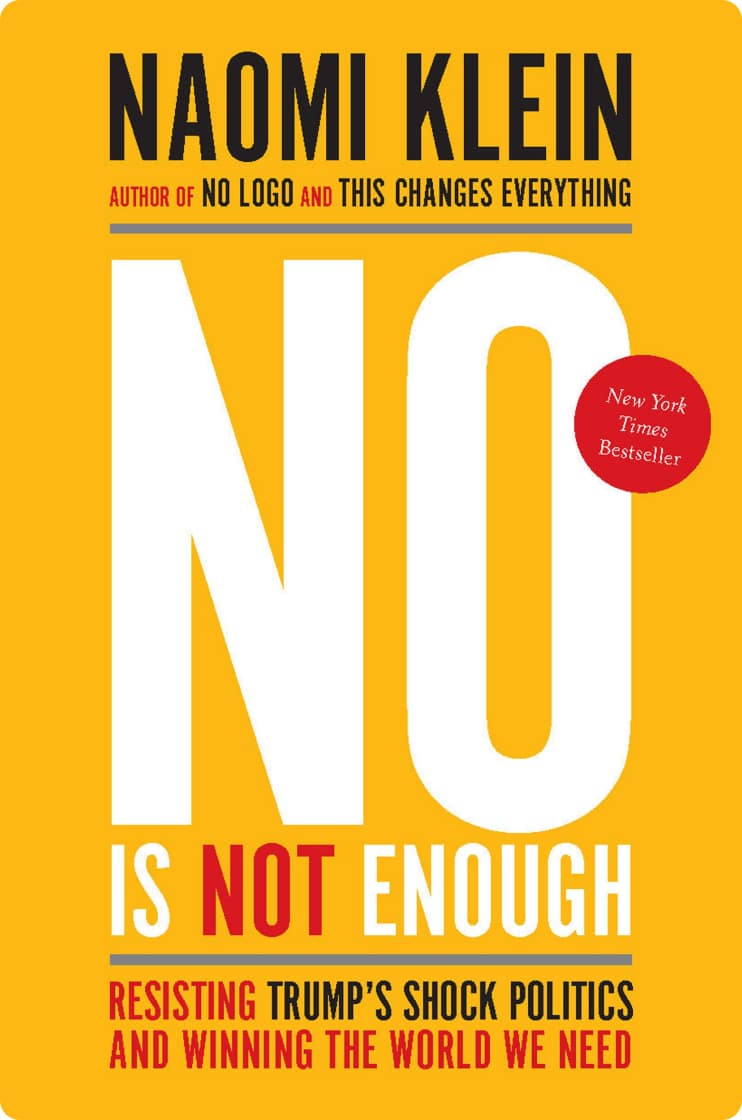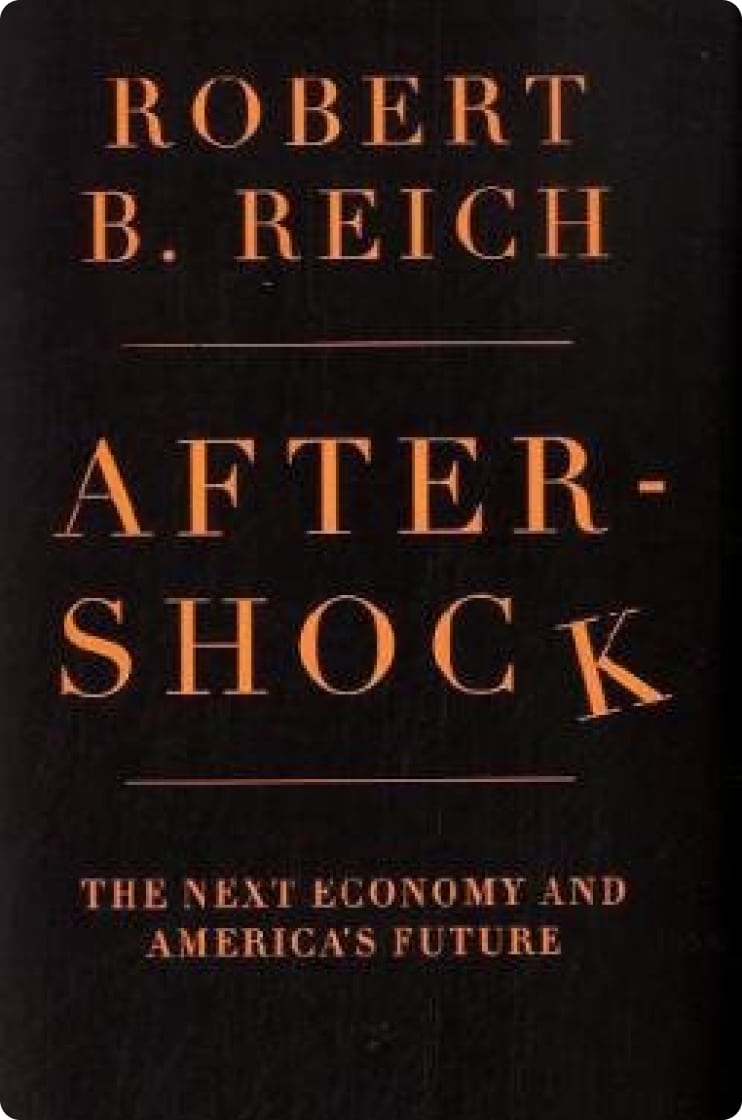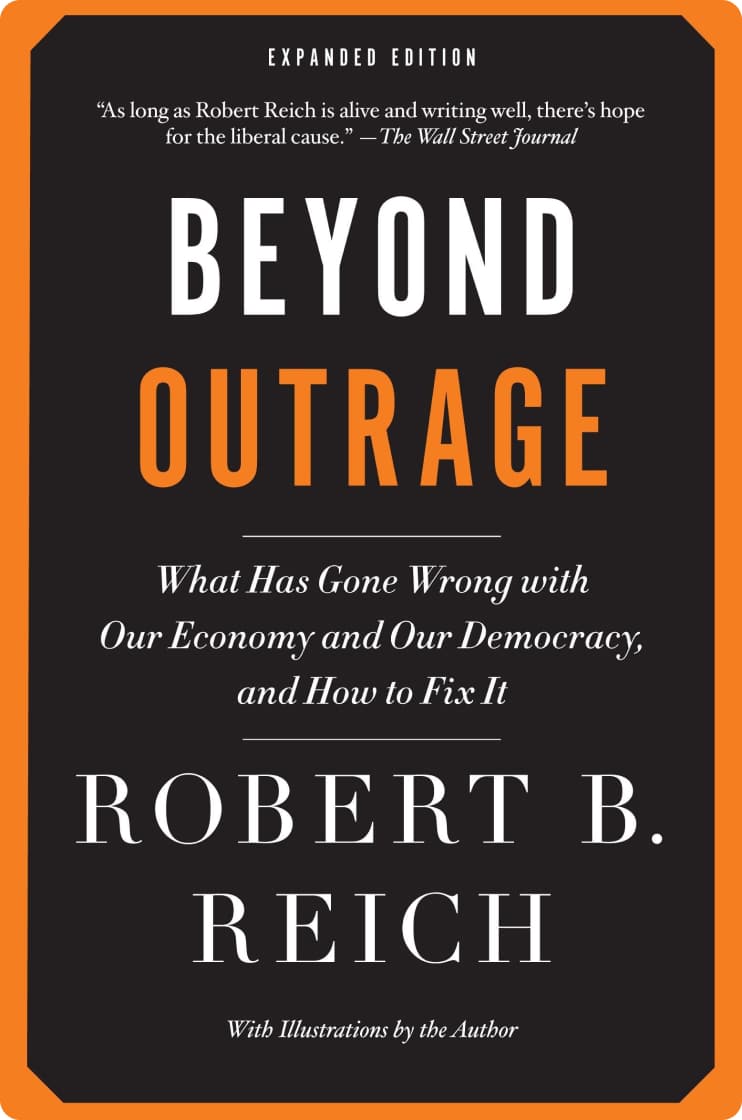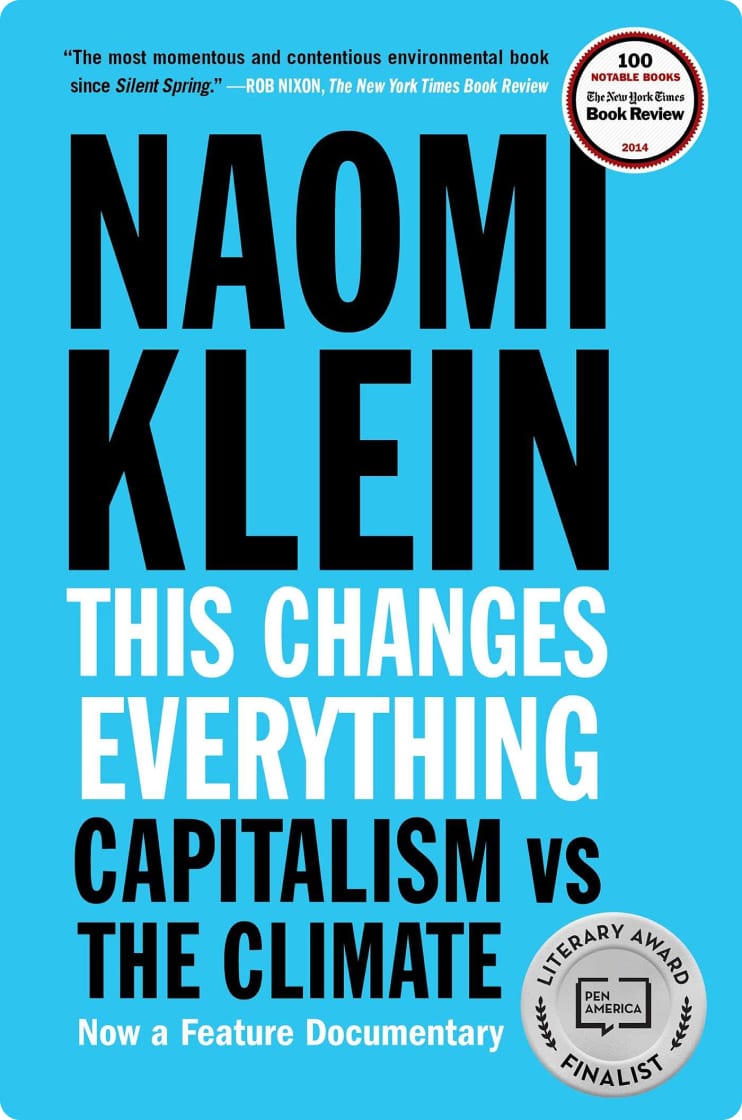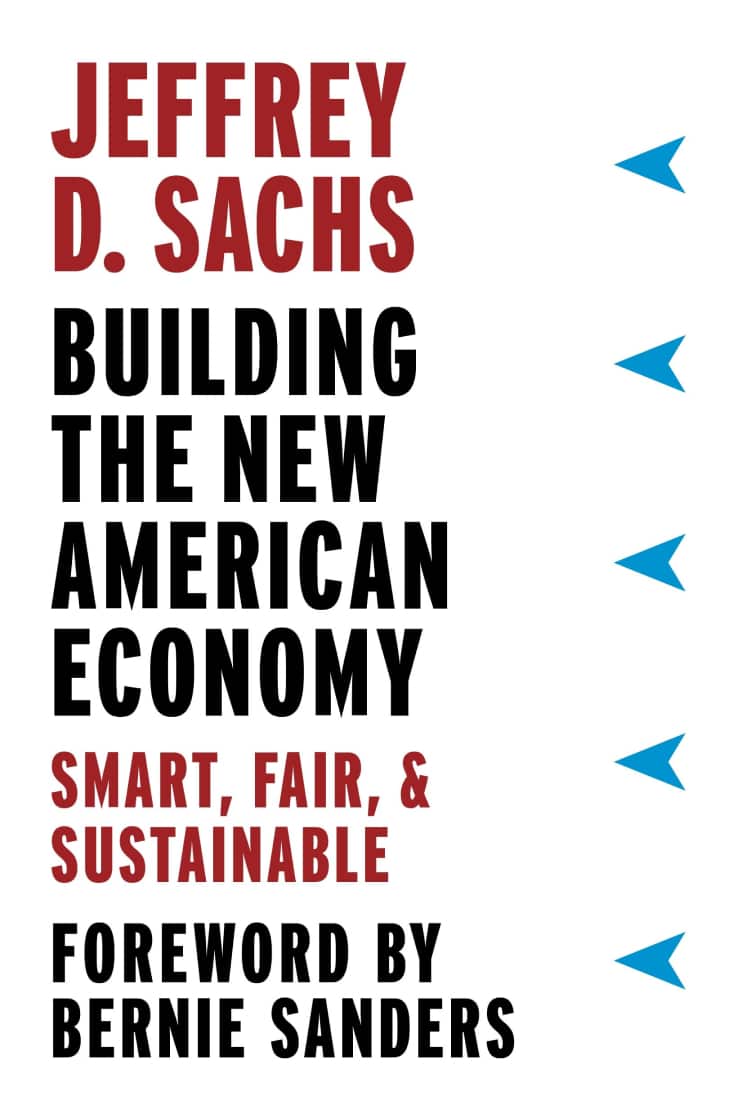Every Deficit Is Good For Someone – Interview With Stephanie Kelton
Stephanie Kelton on the economic response to the Covid-19 crisis on both sides of the Atlantic — and why it’s the right time to spend money.
You are one of the most well-known proponents of Modern Monetary Theory. In your book “The Deficit Myth“ you argue that the deficit actually doesn’t matter that much. Could you please explain what this means?
The important thing is how the money is spent. In 2017, the Republicans in the US increased the deficit by cutting the corporate income tax to create greater incentives for businesses to invest. They claimed, we were going to see a boom in hiring and investments. That did not happen. But more importantly, what also did not happen were all of the bad things that for a long time we’ve been taught to associate with increases in the deficit: spiraling interest rates, crowding out of private investment, the increased risk of a debt crisis and all that kind of stuff.
What I argue in the book, is that every deficit is good for someone. That is the important point. On the other side of every fiscal deficit lies a financial surplus in some part of the economy, which is why I titled one of my chapters: “Their red ink is our black ink”. The main question is: Who is profiting from the deficit? The Republican deficits were very good for big corporations and the richest people in society.
The Democrats just added almost two trillion to the deficit with their Covid rescue spending package in March of this year. That deficit was good for a very different constituency. The one percent did not benefit from those deficits. It was the middle class and low income, poor people as well as state and local governments and small businesses.
Deficits do matter. But the question is: deficits for whom and for what. Are we running deficits to address shortfalls in investment, infrastructure and education, R&D – the kinds of things that enhance the economy’s longer term productive potential? Or are we just running deficits to generate windfalls for big corporations and wealthy people.
Many economists across the political spectrum would argue that at some point you must pay back the debts.
If the government runs a deficit, it spends more dollars or euros into the economy than it taxes back out and then it matches up the deficit by turning some of those dollars or euros into interest-bearing currency, which is a government bond. That’s what a US Treasury bond is: just an interest-bearing form of money.
The US government can issue two instruments: they can issue a dollar, or they can issue a Treasury. The dollar doesn’t pay interest, the Treasury does. When the government issues Treasurys, people say the government has borrowed and they say it has taken on debt and that it must pay that debt back. Well, what does that mean for a currency issuing government? What does it mean to pay back debt? It means to turn your yellow paper back into green paper.
It means that you remove the Treasury that you’ve issued; it expires. And upon expiration on maturity, you turn it back into your other monetary instrument. It is just an electronic spreadsheet entry. Paying back the debt means marking down the number in one column and marking up the number in the other column. It’s just changing the composition of the money supply: Fewer bonds, more currency, that’s it.
A group from the German business and political establishment, including former chancellor candidates Peer Steinbrück and Edmund Stoiber, call for “more discipline and a reduction of debt-financing”. The authors warn of rising inflation, massive social upheavals and further political polarisation. Are they wrong?
You can get social upheaval if you create a serious inflation problem. That is certainly correct. However, I’m not hearing proposals from the Europeans to spend anywhere near enough money to put the region at risk of that kind of inflationary spiral where you create real hardship for people. The far more likely cause of social upheaval is going to come from the austerity itself.
That is where you impose misery gratuitously on people. If you tell governments now that the fiscal support that the ECB has been providing through the pandemic is being withdrawn and that they are now expected to get their debt ratios back in line with the Stability and Growth Pact and the Maastricht criteria, everybody knows what will happen. We have been there before. We know from 2010 and from the Greek experience, what happens.
Societies have already been through hell the last 15 month due to the effects of the pandemic. People can only take so much. You cannot come on the back end of the pandemic and tell governments that you must now impose very draconian budget cuts and austerity. It is like a powder keg, it will blow.
The German authors argue that member states should not get cheap money without conditions because this leads to reckless spending and the fast rise of debt, as seen in countries like Greece.
What led to the crisis in Greece was a global financial crisis. Warren Buffett famously said of Greece that when they still had the drachma, they had other problems, but they didn’t have a debt problem. What happened in Greece was unique due to the combination of not having their own currency and having a very significant economic downturn that drove deficits higher.
What Europe needs is a smart, substantial spending programme oriented around dealing with the challenges ahead of us: preparing for the next pandemic and dealing with the immediate crisis facing all of us in the form of climate change. The argument that low interest rates will lead to profligate borrowing and spending is misleading. We have to spend and the Greek government – because of the nature of the monetary system – has to borrow and cover any shortfall in tax revenue. And it is better to do that in a low interest rate environment because then you can keep the fiscal trajectory sustainable.
What would be the consequences if the ECB stopped its emergency bond-buying programme?
At the beginning of the pandemic, when the economic impact was being felt, deficits began to rise and interest rates began to move higher, Christine Lagarde said: Don’t look to the ECB, it’s not our job to manage spreads. Most people, including myself and the financial markets, had the same reaction: are you really going to do this again? Are we going to repeat 2010?
But she walked that back very quickly. She clearly understood that to avoid a repeat of 2010 and allowing yields to blow out, there was no alternative but to step in with pandemic emergency purchasing program and managing spreads. What would happen if they stopped? Markets will move yields higher, particularly in countries like Italy, where the debt ratio is around 160 percent. These countries would run into serious trouble.
Many economists warn of skyrocketing inflation. In Germany, it rose to two per cent in April, the highest level in two years. Is the economy in danger of overheating?
Two per cent is great news because that’s the first time in a very long time that the actual inflation rate coincides with the target rate. Central banks all over the world have been struggling to hit their own two per cent inflation targets. In the US, the Fed has introduced a new framework. If all we got was two per cent inflation, month after month, year after year, we would be missing our target. We would be below target because the Fed has announced that they want two per cent on average and because we’ve been below for so many years, we have to run above two per cent for a number of years to hit the average.
Inflation is tricky, because it is a dynamic and complex phenomenon that no economist has a reliable model of, it just doesn’t exist. What we are currently facing globally are the kind of growing pains of growing out of the pandemic years: the dislocations, problems with supply chains, bottlenecks. But those things will shake themselves out. That’s what most economists believe.
Jerome Powell, chairman of the Fed certainly doesn’t think that we’re facing the kind of situation where inflation becomes entrenched and feeds on itself like in a wage price spiral. It’s not the average opinion among professional economists here in the US. It’s Larry Summers and maybe two other people, who think that the US and the world is really staring down the barrel of overheating.
You just mentioned the pandemic. The Eurozone currently is probably only working because we have an emergency situation. It led to all member states agreeing – temporarily – on a common strategy. How could a long-term political solution look like? Do we need debt mutualisation or fiscal transfers between member states? And wouldn’t these kind of measures lead to the re-emergence of the North-South conflict in the Eurozone all over again?
Good question, you definitely need some sort of stable solution. You’re going to have a North-South conflict if you try to operate under the old set of rules as well. This is what you already have: the finger pointing, the blame game, the accusations that one group of countries is a drain on the resources from the other. You are the European Union and you’re an economic and monetary union. The word union is there, but behaviorally you are not always a union.
To some extent that happens here in the US as well. We didn’t used to hear politicians and other people saying that the folks in Mississippi and West Virginia are a drain on the resources from states like New York and California. Now, I’m starting to hear some of that. Wealthy blue states, high tax states, paying more in revenue than they get back in terms of public support at the federal level. But it is not as bad as in the EU because we are a full fiscal union, a full monetary union. And for many years of our existence, we have behaved like that – at least after the civil war. At some point we started to think of ourselves as one nation and have our interests aligned. But that’s becoming more fractured. You saw 6 January: Democracies are fragile things.
It’s clear that the Eurozone needs some kind of reform, but I don’t know that any one thing is going to avoid the kind of tensions that you just raised. I don’t know exactly how to overcome them because so much of it is political and about national identity. Nonetheless, whatever it is, common bond market or fiscal union, you need something that furthers the project.
After passing the 1.9 trillion-dollar Covid rescue package in March, Joe Biden aims to pour further trillions into the economy for investments in infrastructure and combatting the climate crisis among other goals. Would you recommend that strategy for European countries as well?
What President Biden is now proposing is 2.3 trillion dollars for the American Jobs Plan as well as 1.8 trillion dollars for the American Families Plan. In total, he’s seeking over four trillion dollars for infrastructure broadly – human and physical infrastructure. Is that something that Germany and other countries could use as a model for a sort of “building back better” strategy? Sure. Most countries will benefit from investments. Many have underinvested in things like R&D and infrastructure.
In many ways, Europe, however, is heads and shoulders above where we are in the US with respect to paid family leave, childcare, free college and these sorts of things. We are just trying to catch up in a lot of ways with where many European countries already are.
On the climate front, however, what the Biden administration has proposed is actually very modest. It is nowhere near enough of a commitment to get us quickly enough to where we need to be to address climate change. So, we all need to be investing heavily, especially on the climate side.






